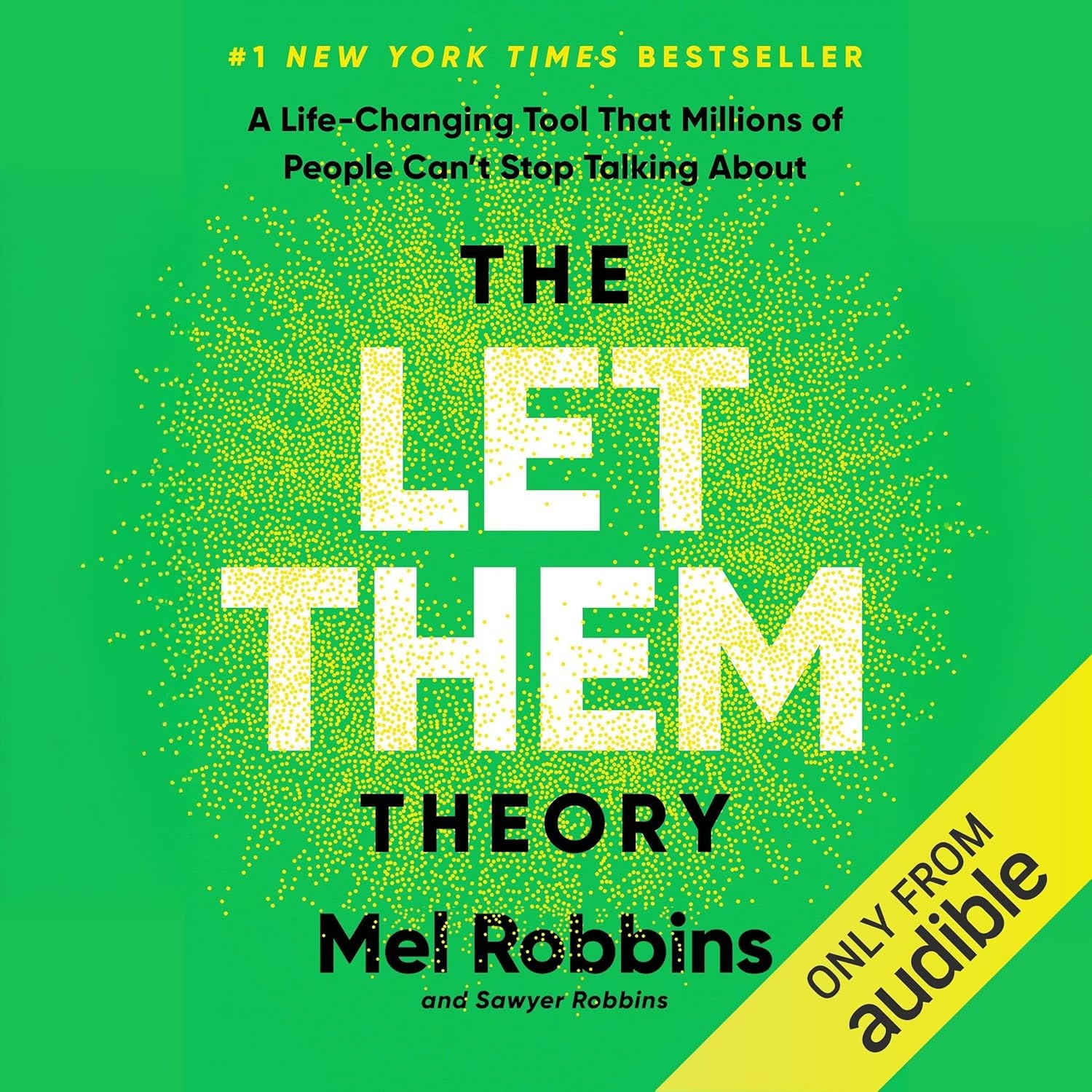I vividly remember bringing home Joni Mitchell‘s Court and Spark, lying in my bed and listening to it on my record player, dreaming of love and heartbreak, and only getting up to turn over the album or put the needle back to the beginning.
So how can it be 40 years since that classic album was released?!
I decided to turn to Sheila Weller, author of Girls Like Us: Carole King, Joni Mitchell, Carly Simon — and the Journey of a Generation, since her book is the definitive biography of the three women who defined my teenage years, and I needed to talk to someone who would understand how I felt.
Sheila read from her book the other night at an event in Brooklyn celebrating the anniversary of this iconic album — an event that I wish I could have attended but that I will be covering via interview with organizer Louise Crawford later this week. Here’s what Sheila had to share with me about what may just be one of the perfect albums of all time.
Why is it worth commemorating the 40th anniversary of Court and Spark? Where does that album fit in the catalog of Joni’s work, and how pivotal is it, in terms of both her music and her personal life?
Court and Spark was the album through which – though people don’t know this – Joni did a 180 on her emotional life, and went from depression (the state she was in when she started writing the songs – and a state she’d been in during Blue and For the Roses) to deeper depression, to hitting bottom, to getting a little better via going to a treatment center to healing herself through working through her pain. She made peace with certain lingering angst (about giving up a baby for adoption in early 1965), and enjoyed the buoyant company of the jazz ensemble, The L.A. Express (and a romance with its regular-guy drummer John Guerin), which took her out of her ruminative solitude and allowed her to have fun. It was her healing album.
Commercially, it was her most successful album and is what I consider the third out of four albums of her strong middle period – Blue, For the Roses, Court and Spark, Hejira – in which she really explores the HELL out of love. After that – after “Amelia” on Hejira – she had said almost all one can say, eloquently, on the bedeviling subject, and she moved on to jazz, social criticism, and other topics.
On a broader scale, how important is it as a reflection of a specific period in time for women?
The early ’70s were a time when women were romantically and sexually free and all of that was touted – but guys still held all the cards. Joni helped us work through it, puzzle it through, through all of her albums, every one, starting with her iconic song, “Cactus Tree.” Court and Spark‘s songs – “Same Situation,” “Just Like This Train,” “Car on a Hill” – are a fine mirror on the dilemma. Vulnerability and control, rumination, giving and getting, trying to reach equanimity with love.
Shockingly, Court and Spark was Joni’s first real hit album and “Help Me” her only Top 10 single. How can that be?!
Yes, it is surprising that Joni hasn’t been more commercially successful. But many of her legendary songs have been intensely covered by other singers – “Woodstock,” “Both Sides Now,” etc.
“The Same Situation” is one of my favorite songs on that album, and I was fascinated to hear you quote an ex-boyfriend of hers as saying it was “Joni’s Warren Beatty song, just as “You’re So Vain” was Carly’s.” Can you talk a little about that?
I was told this by a boyfriend of hers who was around when Joni was dating Beatty. I describe it in the book – he’s the bored playboy throwing himself on her as he did, serially, on any woman of the hour. Diane Keaton describes it well in her memoir: “When he comes after you, you can’t say no.” He, in his un-hip-to-her, “Let’s talk about everything” cerebral mode, gets her to reveal what she’d rather keep inside. He’s “like the church, like a cop, like a mother,” in being authority-figure-like threatening to her in this regard. She gives up and tells him. He uses it as a “weapon” and gets bored with her. She cares about his approval. Game over; match: Warren Beatty. They did date – Gay Talese wrote recently of a double date with them in NYC in the early ’70s. Very UN-Joni. But she moved to Bel Air, and she do-si-do’ed through that A-list crowd. She can still have access to them any time she wants. And she knows it. Usually she doesn’t want. At the Vanity Fair Oscars party a few years ago, she showed up and SHE was the most sought-after, gasped-about guest in that whole star-studded room.
I had no idea until I read your book that Jackson Browne played a big role in Joni’s life during the Court and Spark period. How much of an influence was he on the songs that made it to that album?
Jackson Browne was the one guy who really seriously got to her in a very painful way. They met and she fell in love with him at her near-nadir, depression-wise. He was just becoming famous, he was younger than she, and he is VERY good looking. He got to her. They fought quite a bit. He started cheating on her with Phyllis Majors, a beautiful blond model he would eventually marry and have a child with (and who would then commit suicide!). “Car On A Hill” is a veiled description of a night Joni waited and waited for him to show up and he didn’t because he was with Phyllis. Joni then staged what she has called a “suicide attempt,” David Geffen rescued her and, having hit bottom, her healing then began. The details of this little known incident are in my book.
What song on Court and Spark is your personal favorite?
I love so many of the songs. I love the line from Just Like This Train: “shaking into town with the brakes complaining.” And the line from Court and Spark about love turning up on a porch “with a sleeping roll and a madman’s soul.” Only Joni could write those witty, original lines.




Ahhhh. She was such a big part of my college years. I listened to her albums over and over again, practically wearing them out. Thanks for the trip down memory lane, Lois. I can’t believe it’s been 40 years since that album came out.
I know! Listening to it again now brought back every feeling I had then. Such an amazing album.
I didn’t discover Court and Spark until fifteen years after it was released. By then it was on cassette, soon to be cd. If it had been the album, I would have worn the grooves off. Joni Mitchell saved me the year my brother died.
Oh, Anne, I think Joni Mitchell saved so many people in so many ways. xo
Lois, I love Court and Spark and Joni Mitchell, still counting her as my favorite singer. This album brings me back to college life and your interview with Weller explains so much about her brilliance and this album’s enduring popularity with women who came of age while listening to it playing on the stereo.
Gosh, I can remember my older sister playing the heck out of that album. It brings back such fond memories of Joni’s music wafting through the house. It was the one album my father would not say, “turn that music down”. Thanks, Lois. : )
How did I miss this post? These 3 ladies were my defining ladies as well. In my teens their songs helped me through typical teenage angst. They still make my heart flutter whenever I hear them sing. Loved this interview, Lois. I can’t believe, though, how fast time is flying.
It IS interesting that her songs are hits because they were covered by other artists. Hope she is doing better health-wise now.